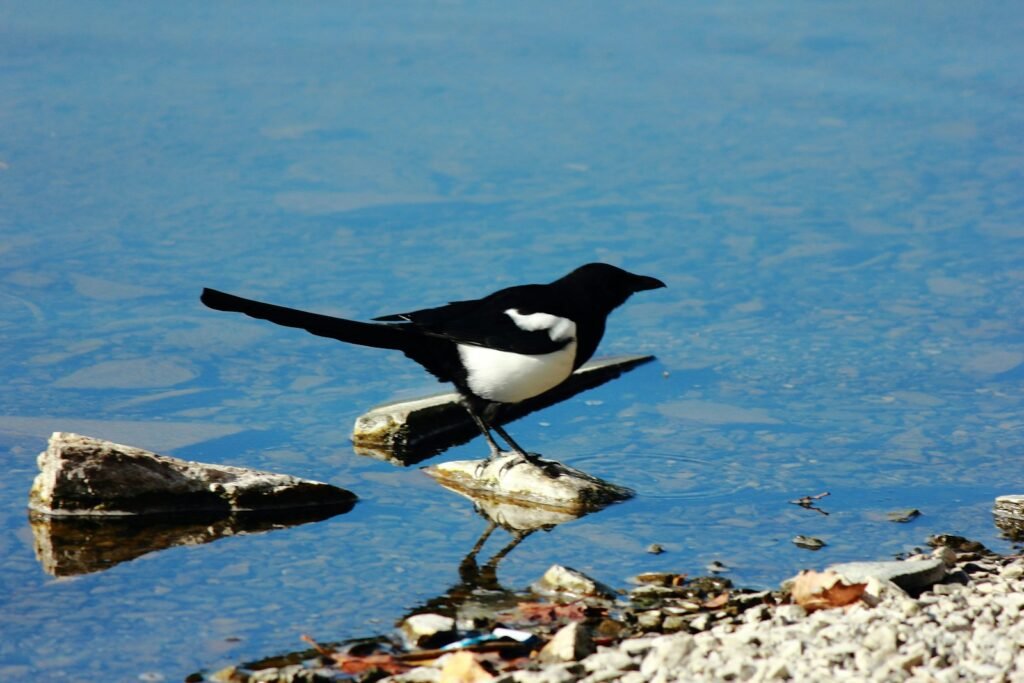Climate change is an undeniable force reshaping our planet, and its impacts are most vividly observed in the world’s oceans. Among the most striking victims are coral reefs and the intricate marine ecosystems they support. These vibrant underwater habitats are vital not just for marine biodiversity, but also for human communities that rely on them. In this article, we will explore how the changing climate is influencing these remarkable ecosystems, why coral reefs matter, and the actions we can take to protect them.
Understanding Coral Reefs

Coral reefs are often referred to as the rainforests of the sea, bustling with diverse life forms. They are structures made up of coral polyps, small colonial animals that live in symbiosis with algae known as zooxanthellae. This partnership is crucial for the health of reefs, as the algae perform photosynthesis, providing energy that helps corals build their limestone skeletons.
The Role of Coral Reefs in Marine Ecosystems
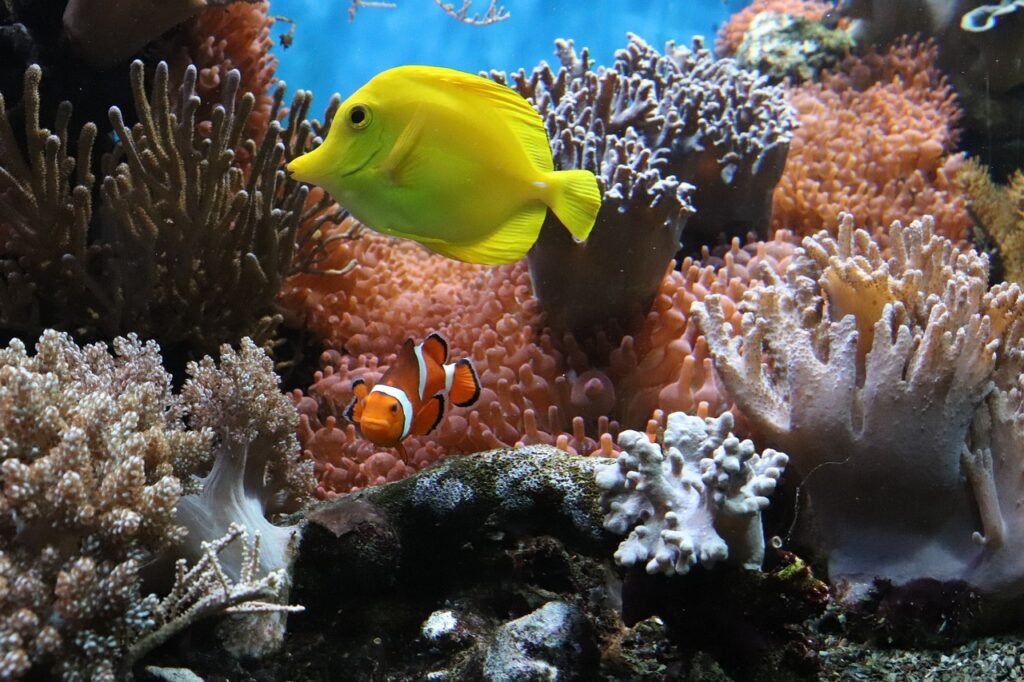
Coral reefs cover less than one percent of the ocean floor yet support around 25% of all marine species. They provide essential services, such as food and shelter for thousands of marine organisms. Moreover, coral reefs act as natural barriers, protecting coastal areas from erosion and storms. Economically, they support tourism, fishing, and pharmaceutical industries, contributing billions of dollars globally.
Coral Bleaching: A Clear Symptom of Climate Change

One of the most visible effects of climate change on coral reefs is coral bleaching. This process occurs when corals, stressed by factors like rising sea temperatures, expel the algae living in their tissues. Without the algae’s energy contribution, corals lose their color and potentially die if conditions do not improve.
Ocean Acidification: The Creeping Threat
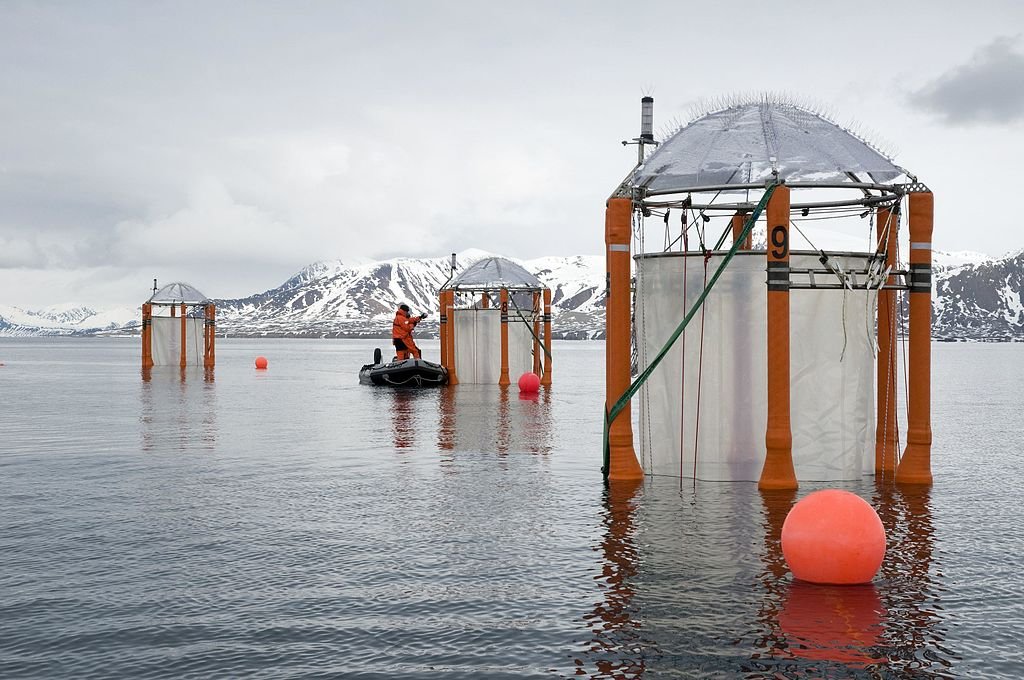
Another consequence of climate change is ocean acidification, driven by increased CO2 levels. The ocean absorbs about a third of atmospheric CO2, leading to chemical reactions that reduce pH levels, making the water more acidic. This negatively impacts the ability of corals to produce skeletons, ultimately weakening the reef structure.
Sea Level Rise and Its Impact on Coral Reefs

As climate change results in melting ice caps and glaciers, sea levels are rising, posing a threat to coral reefs. Increased water depth reduces sunlight penetration, vital for the photosynthetic processes of the algae in coral tissues, hindering their ability to thrive.
The Loss of Marine Species and Biodiversity
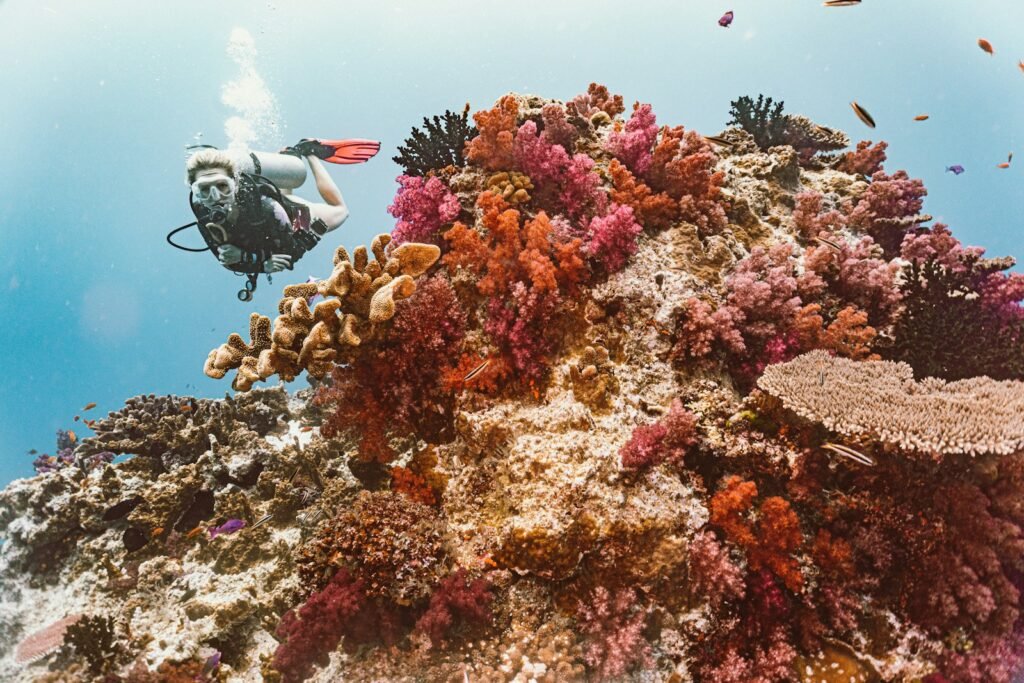
The degradation of coral reefs disrupts the balance of marine ecosystems, leading to a decline in species that rely on these habitats. Many fish and invertebrates are losing their breeding and feeding grounds, which impacts broader ocean biodiversity and food security for human populations reliant on marine resources.
Impacts on Fisheries and Human Communities

Coral reefs support fisheries that are a major source of livelihood and protein for millions of people worldwide. The decline in healthy reef environments leads to dwindling fish populations, affecting economic stability and food security for communities, especially those in developing countries.
Potential for Recovery: Coral Adaptation and Resilience
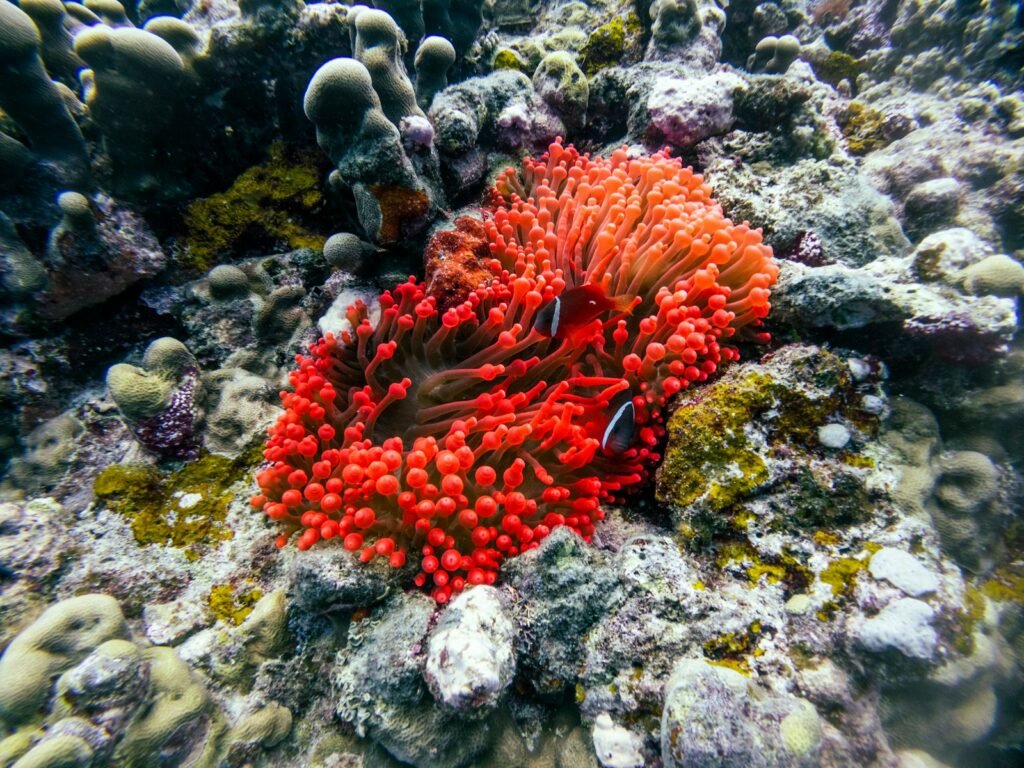
Despite these challenges, some coral species exhibit resilience and adaptability to changing conditions. Genetic variation and innovative survival strategies among species may offer hope for the reefs’ ability to recover, although this requires time and lessened anthropogenic pressures.
Efforts in Coral Reef Conservation
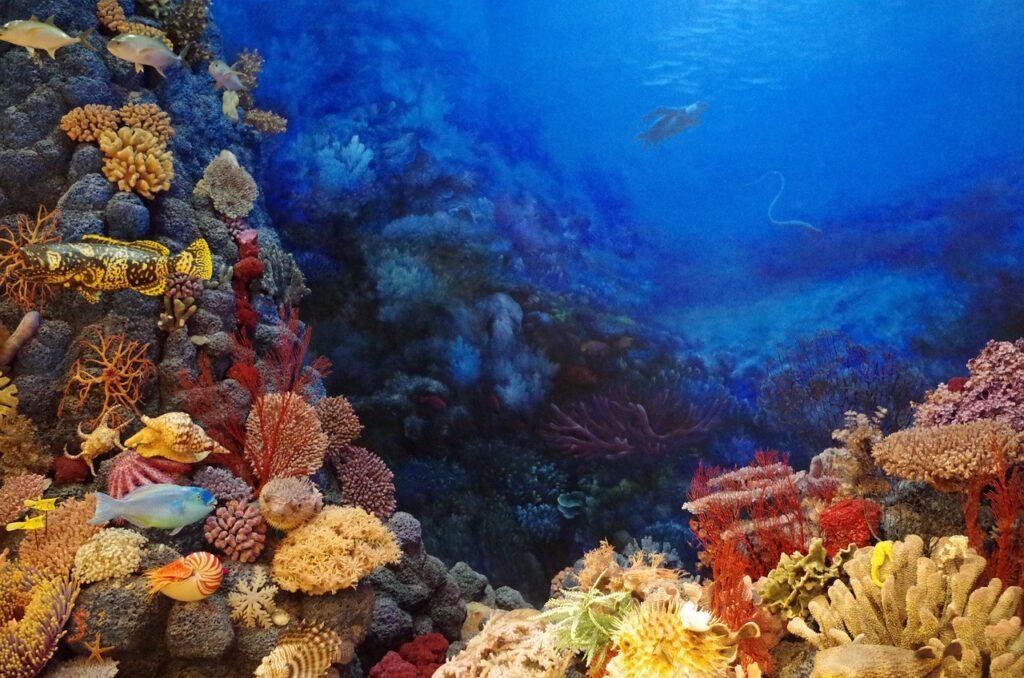
Global conservation efforts focus on initiatives like Marine Protected Areas (MPAs), sustainable fishing practices, and coral gardening, where fragments of live coral are cultivated and transplanted to damaged areas. These actions are critical in giving reefs a fighting chance to withstand and recover from climate-induced stresses.
The Role of Policy and Global Cooperation

Addressing climate change’s impact on coral reefs requires robust international policy and cooperation. Global agreements aimed at reducing carbon emissions, alongside local governance focusing on reducing pollution and unsustainable coastal development, are key to securing the future of coral reefs.
What Individuals Can Do to Help

Every individual can contribute to the protection of coral reefs by reducing their carbon footprint, supporting sustainable seafood choices, and participating in reef-friendly practices while enjoying the ocean. Public awareness and educational campaigns can also empower communities to take meaningful actions to mitigate climate change.
Conclusion

Climate change poses a profound threat to coral reefs and marine ecosystems, but all is not lost. By understanding these challenges and committing to a mixture of scientific innovation, policy changes, and individual actions, we can foster a future where coral reefs not only survive but thrive. The urgency to protect these precious ecosystems has never been greater, and the time to act is now.




